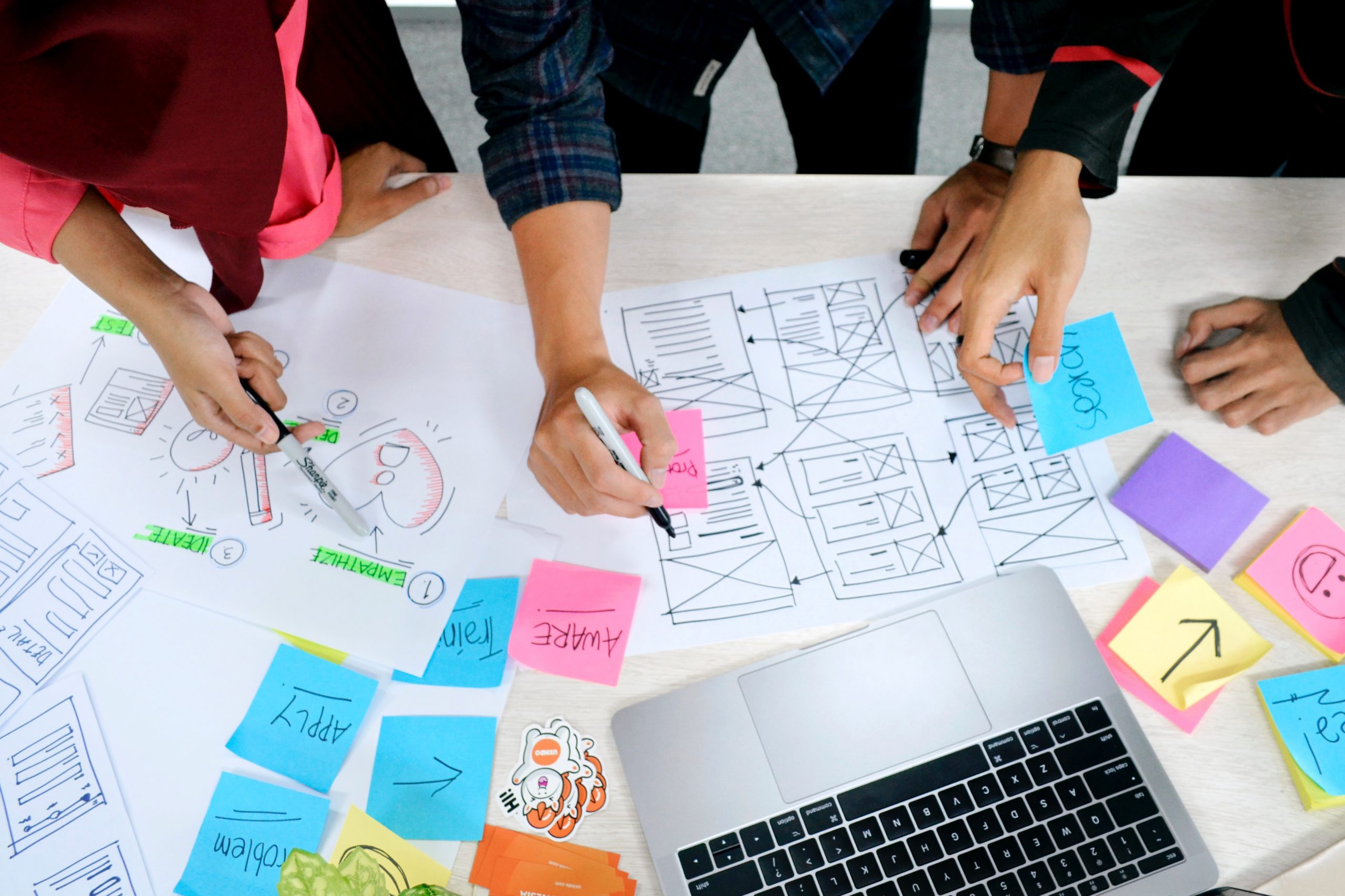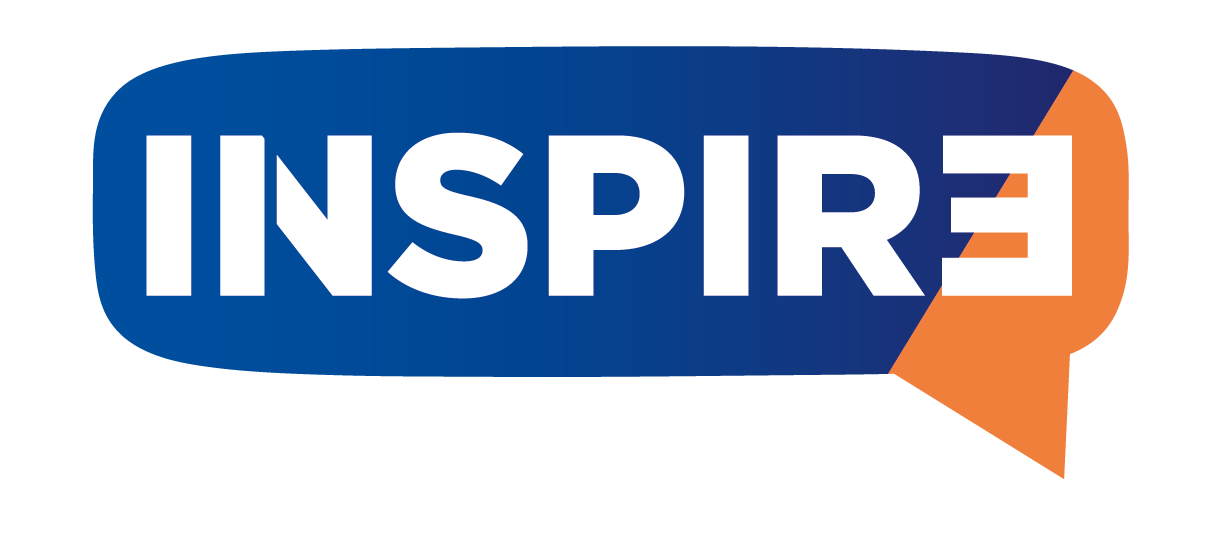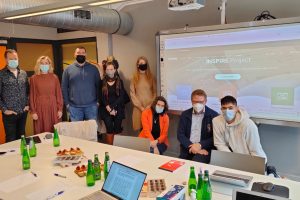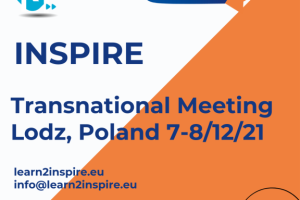
Design-based education for adult education
People are learning during their entire lives. They learn through formal but also informal methods; in meetings with friends, through the media or social networks or even when are looking for a DIY tutorial. But the ability to learn changes according to what stage of life we are in and therefore the methodologies and ways we choose to learn must also change.
When a person is getting older, the self-concept moves towards more and more self-directed processes. The adult person collects a great number of experiences that are and should be used as a source of resources for learning. Furthermore, the adult’s interest in learning is closely related to the skills or tasks required in his or her social role (father, mother, worker, employer, teacher, etc.), which means that connections with a wide range of life situations can be used by the teacher/trainer to build more meaningful learning. In fact, it has been observed that adults learn better when there are processes focused on solving problems rather than on learning purely theoretical contents.
This relationship between life and learning allows them to be able to understand and apply particular knowledge to their range of experience, to be able to choose when and where to study and learn, and to be able to measure the costs and benefits of each type of learning.
On the other hand, it is assumed that adults have limited time for training since they need to find a balance between family, work and education. We also assume that adults have already acquired enough world and personal awareness to survive, although they may not always be able to control their environment as they would like. In other words, adults are not a tabula rasa or a blank canvas (although it is believed that neither are children), on which a person can draw.
That is why in the Inspire project we have chosen a Design Based Education methodology. This approach, as explained in previous posts, is based on presenting the learners with a given context. From this context the learner will start wondering about possible issues and problems. That is to say, they will link old and new knowledge, creating a kind of emotional bond that will lead them to learn in a more meaningful way.
Can you guess the educational potential of this? Exactly! There are no limits. Only the very attitude of the learners.


